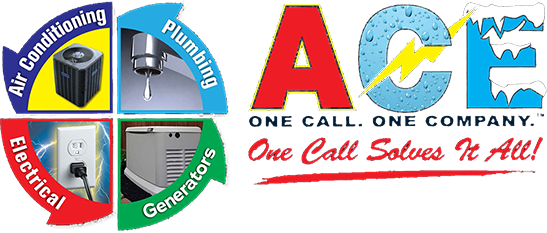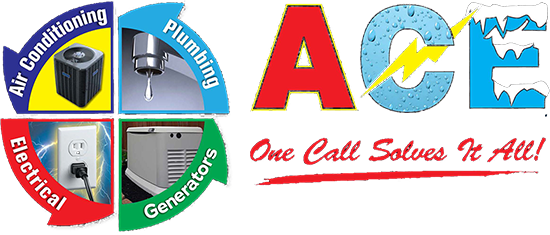“It’s coming from inside the house!”You might remember that classic movie line from When a Stranger Calls– even a remake of it. There have been several, plus countless spoofed comedy sketches. It’s always the same. Don’t look outside for the bad news.
It turns out that there really might be something very bad in your home. Indoor air pollution can be extremely hazardous to your health. The World Health Organization reports that 3.8 million people a year die prematurely from illness attributable to the household air pollution. Okay, let’s be truthful and fair – it’s mainly because around 3 billion people still cook using solid fuels such as open fires or simple stoves fueled by kerosene in their homes.
But we’re still at risk, even in our modern homes. The Environmental Protection Agency points out that we spend nearly 90 percent of our time indoors. Indoor pollutants can be up to five times higher than outdoor levels. Some of what contributes to this might surprise you. The average home collects 40 pounds of dust and dander each year.
Keeping your indoor air clean
Breathing easier in your home is often a matter of making sure your furnace and HVAC filters are regularly checked and replaced. The EPA also recommends investing in indoor air cleaners. A combination might be the most efficient way to reduce indoor air pollution. Together, you can filter and capture the two most common types of pollution:
- Gasses
- Particles
The EPA points out that most air filtering systems will do a good job of capturing one or the other, but not both. It’s why you should work with an indoor quality specialist to find the best solution for your home.
HEPA or not?
Many air filters not associated with your HVAC system use what are known as HEPA filters. HEPA stands for high-efficiency particulate air. This type of filter can effectively remove particulate matter – such as pollen and mold – from your indoor air.
Activated carbon filters are more suitable when harmful gasses, such as formaldehyde, are a detectable concern.
Doesn’t my A/C or heater take care of this?
The HVAC system in most homes operates only about 30 percent of the people are there. That means the air you’re breathing 75 percent of the time may not be filtered. HVAC filters typically are designed to filter particulate matter. Keep this in mind if you are concerned about gas-related indoor air quality.
Indoor air pollution is caused by a variety of seemingly harmless things, ranging from cleaning solutions to the paint on your wall or the carpet beneath your feet. And, like most scary things, these pollutants are invisible.
Filtering your indoor air is a wise idea. Have it quality checked by HVAC experts who can advise you on the most efficient way to keep indoor air healthy and fresh.


